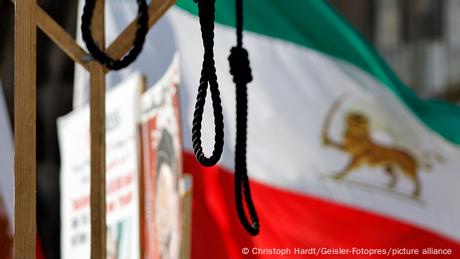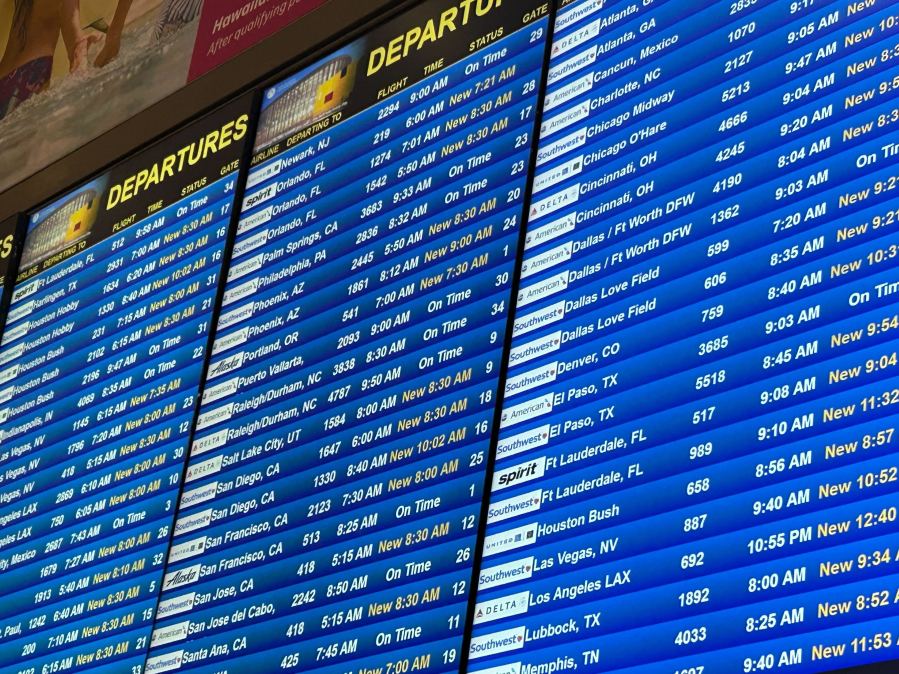Iran Issues Death Penalties In Mosque Attack Case

Table of Contents
Details of the Mosque Attack
The brutal attack on the Shah Cheragh Mosque in Shiraz occurred on November 4, 2022. This sacred site, a significant pilgrimage destination, became the target of a violent assault resulting in numerous casualties. Reports indicate that at least 15 individuals were killed, and dozens more were wounded in this horrific terrorist attack. The Islamic State of Iraq and Syria (ISIS) claimed responsibility for the attack, highlighting the ongoing threat of religious extremism in the region. The motive, according to ISIS, was to target Shia Muslims. The attack raised serious concerns about security measures in place before the event, prompting an increased security presence in the aftermath. The incident underscored the vulnerability of religious sites to extremist violence and the ongoing instability within the region.
The Death Sentences and the Judicial Process
Following investigations, Iranian authorities announced death sentences for several individuals convicted in connection with the Shah Cheragh Mosque attack. The exact number of individuals condemned to death varies across reports, but multiple individuals were sentenced. The charges against them included terrorism, murder, and waging war against God (moharebeh), a charge frequently used in Iran's judicial system to justify severe punishments, including the death penalty. The legal process leading to these sentences has been questioned by human rights organizations, with concerns raised about due process and fair trial guarantees. Concerns exist surrounding the potential for coerced confessions and lack of access to adequate legal representation. While the Iranian judicial system allows for appeals, the timeframe for executions in Iran is often short, leaving little time for legal challenges. The swiftness of the judicial process in this case further fuels international criticism.
International and Domestic Reactions
The death sentences issued in the Shah Cheragh Mosque attack case have drawn widespread international condemnation. The UN and Amnesty International, among other prominent human rights organizations, have expressed serious concerns about the use of the death penalty, particularly given the concerns regarding due process. Many countries have issued statements criticizing Iran's actions, highlighting the violation of fundamental human rights. The international response includes diplomatic pressure and the potential for further sanctions against Iran. Domestic reactions within Iran are difficult to ascertain accurately due to censorship, but there are reports suggesting widespread public support for the government's harsh response, coupled with underlying anxiety and fear of further attacks. The long-term implications of these international and domestic reactions on Iran's international relations are significant and uncertain.
The Broader Context of Capital Punishment in Iran
Iran has one of the highest rates of executions globally. The death penalty is applied for a wide range of offenses, including drug-related crimes, political dissent, and religious offenses. This case is far from an isolated incident; numerous high-profile cases involving the death penalty in Iran have drawn international scrutiny in recent years. The country’s use of capital punishment is often seen as a key aspect of its approach to security and counter-terrorism, creating tension between the government's need for security and its human rights obligations. International pressure continues to mount to curb the application of the death penalty in Iran.
Conclusion
The death sentences issued in the Shah Cheragh Mosque attack case underscore the grave challenges faced by Iran, highlighting concerns about its justice system and human rights record. The international community's response is crucial in pressing for accountability while also addressing the underlying issues that fuel such acts of violence. The swift and severe punishment raises questions about the fairness of the judicial process and reinforces long-standing international concerns about human rights abuses within Iran.
Call to Action: Understanding the complexities surrounding the Iran death penalty and its application in cases like the Shiraz mosque attack is crucial. Continue to follow developments regarding the Iran death penalty and its impact on regional stability and human rights. Stay informed about the ongoing implications of this case and engage in informed discussions about the death penalty and international justice. Learn more about the human rights situation in Iran and advocate for greater transparency and accountability within the Iranian judicial system.

Featured Posts
-
 2025 Air Passenger Projections A Focus On Maastricht Airports Expected Decrease
May 19, 2025
2025 Air Passenger Projections A Focus On Maastricht Airports Expected Decrease
May 19, 2025 -
 Chat Gpts Ai Coding Agent Improved Efficiency And Productivity For Developers
May 19, 2025
Chat Gpts Ai Coding Agent Improved Efficiency And Productivity For Developers
May 19, 2025 -
 Aspirantes A Diputados Del Movimiento Rescate Y Transformacion En Cortes Conoce A Los Candidatos
May 19, 2025
Aspirantes A Diputados Del Movimiento Rescate Y Transformacion En Cortes Conoce A Los Candidatos
May 19, 2025 -
 The Need For A Durable Logitech Mouse A User Perspective
May 19, 2025
The Need For A Durable Logitech Mouse A User Perspective
May 19, 2025 -
 Sveriges Eurovision Chanser Svts Foerberedelser Om Kaj Vinner
May 19, 2025
Sveriges Eurovision Chanser Svts Foerberedelser Om Kaj Vinner
May 19, 2025
